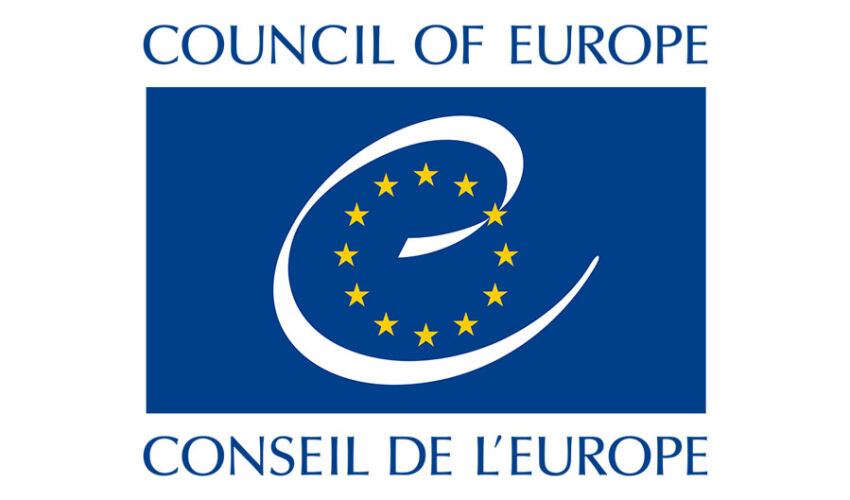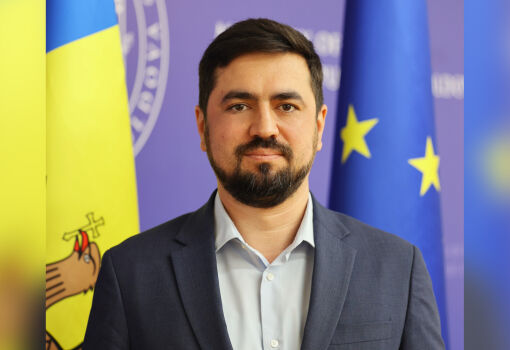
The GRETA report, published on June 10, which covers the period from 2020 to 2025, highlights that the country has made progress in several areas related to combating human trafficking, but challenges remain.
The experts welcome the steps taken by the Moldovan authorities to develop a legislative, institutional and policy framework to combat trafficking in human beings. The National Action Plan against Trafficking in Human Beings for 2024-2028 includes measures to prevent exploitation among vulnerable groups such as children, Moldovan citizens seeking employment abroad, Ukrainian refugees and foreign workers.
According to the study, during the reporting period, the number of identified victims of trafficking in human beings amounted to 935. Labor exploitation remained the predominant form of exploitation, followed by sexual exploitation. Men accounted for 60% of identified victims and children for 15%. Most victims were Moldovan nationals exploited in EU countries and Russia. However, the report notes that the country is increasingly becoming a destination country for trafficking victims due to the growing number of migrant workers.
Among the categories of children most vulnerable to trafficking, the report identifies Roma (Gypsy) children, children on the street and children in state institutions (probably referring to orphanages). GRETA calls on the authorities to intensify efforts to prevent child trafficking by regularly inspecting residential institutions and providing social and economic support to vulnerable children.
The report also expresses concern about the limited capacity of relevant professionals, especially labor inspectors, to identify victims of trafficking. It calls on the Moldovan authorities to empower labor inspectors, improve their capacity and training, and lift restrictions on unannounced inspections.
The report also notes that the number of investigations and convictions for trafficking offenses has decreased since GRETA’s last assessment. The experts therefore call on the authorities to ensure that trafficking cases are promptly investigated and that effective, proportionate and dissuasive sanctions are applied.
While the report recognizes progress in assisting victims of trafficking, such as the opening of a shelter for male victims of trafficking, it calls for improving victims’ access to the labour market, health and social services. Authorities should also ensure that foreign victims enjoy the right to obtain a residence permit, which entitles them to work.
Despite steps taken by the authorities to provide training and guidance to relevant professionals on victim compensation, GRETA is concerned that victims of trafficking still do not have access to state compensation and there is no data on compensation awarded in court proceedings. Accordingly, GRETA encourages the Moldovan authorities to take measures to facilitate and guarantee access to compensation for victims of trafficking, including by reviewing the legislative framework for state compensation.
The report welcomes the issuance by the Prosecutor General’s Office of a guide on child abuse on the Internet and the adoption of national Internet safety standards by the Ministry of Education. In addition, GRETA believes that authorities should invest in building capacity and tools for proactive investigations and strengthen cooperation with ICT companies and Internet service providers.













